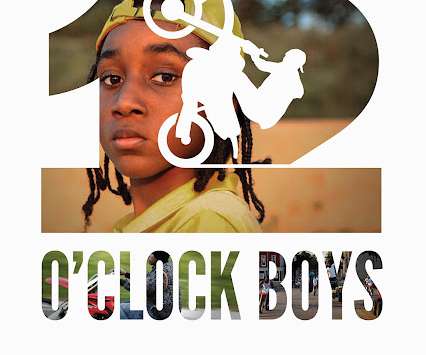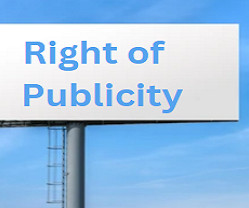New Tools, Old Rules: Is The Music Industry Ready To Take On AI?
Copyright Lately
MAY 1, 2023
The comments from Michael Nash quoted above really only speak to the input phase, during which audio recordings are copied to a dataset that’s then used to train a voice model. It isn’t human-readable and does not contain copies of any audio recordings. No wonder I’m getting flashbacks to 2003. Ciccone , 824 F.3d












Let's personalize your content